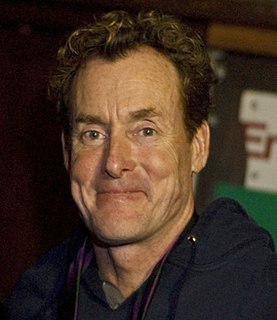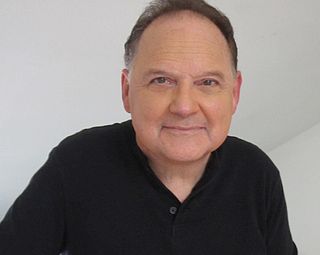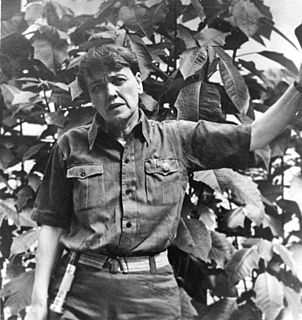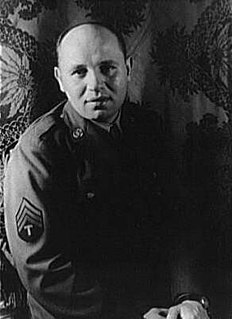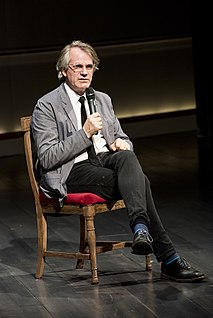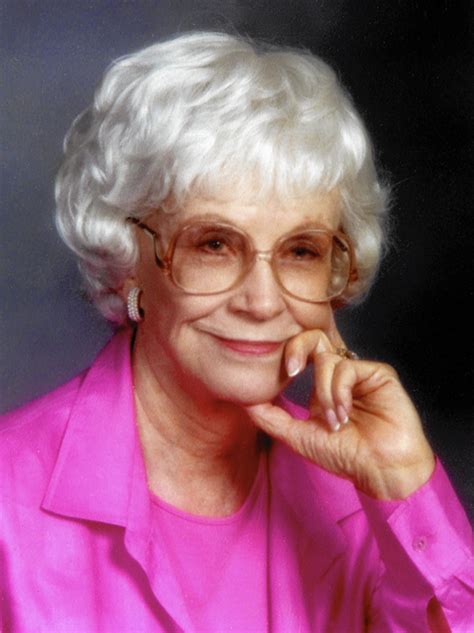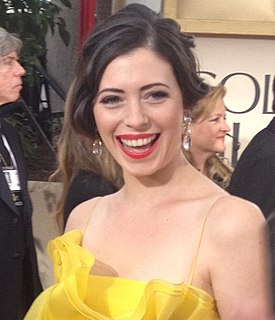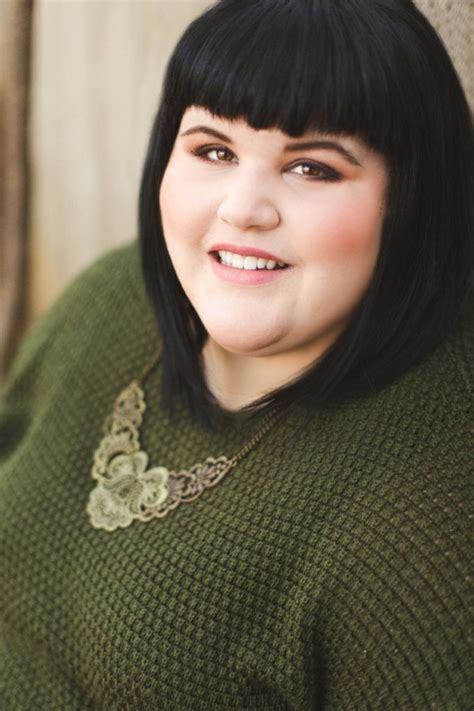A Quote by Ayshay
I only have a Bachelor's Degree but I've had professors who have instilled this kind of academic rigor in me where I don't make any generalizations or closed statements. There always has to be room for interpretation.
Related Quotes
It is very easy to make wild generalizations about Islam. All you have to do is read almost any issue of The New Republic and you'll see there the radical evil that's associated with Islam, the Arabs as having a depraved culture, and so forth. These are impossible generalizations to make in the United States about any other religious or ethnic group.
I went to see Alison Krauss and Union Station at Disney Hall and I would say it was one of the most astonishing sonic experiences I have had. It's an enormous room that's acoustically perfect. My interpretation of receiving music as a layman is that the way the music kind of settled on me in that room was perfection.
When I studied computer science at Duke University in the first half of the 1980s, I had professors who treated women differently than men. I kind of got used to it. At Microsoft, I had to use my elbows and make sure I spoke up at the table, but it was an incredibly meritocratic place. Outside, in the industry, I would feel the sexism. I'd walk into a room and until I proved my worth, everyone would assume that the guy presenting with me had credibility and I didn't.
In the field one has to face a chaos of facts, some of which are so small that they seem insignificant; others loom so large that they are hard to encompass with one synthetic glance. But in this crude form they are not scientific facts at all; they are absolutely elusive, and can be fixed only by interpretation, by seeing them sub specie aeternitatis, by grasping what is essential in them and fixing this. Only laws and generalizations are scientific facts, and field work consists only and exclusively in the interpretation of the chaotic social reality, in subordinating it to general rules.
I majored in drama and theater arts at Columbia and was always in acting studio, but that was a liberal arts degree, not a bachelor of arts degree, so I didn't have a traditional conservatory training. There was a lot of reading and a lot of writing involved, and only about 30 percent of my classes were directly theater-related.
I really can't claim ever to have had an exceptionally close relationship with a minister. I'm always there. I pay my pledge. I listen and observe with interest. I'm very sympathetic with the rigor and the aesthetic quality of what they do. Aside from that, I don't have a kind of personal experience with any of them that I could consider privileged, so to speak.
I had studied history at Brown and didn't feel like doing anything with it. What does one do with a history degree besides become a historian? And the professors in school, it seemed like they were just writing books for other professors to comment on, and vice versa - it was the most self-referential, boring world you could ever imagine.



